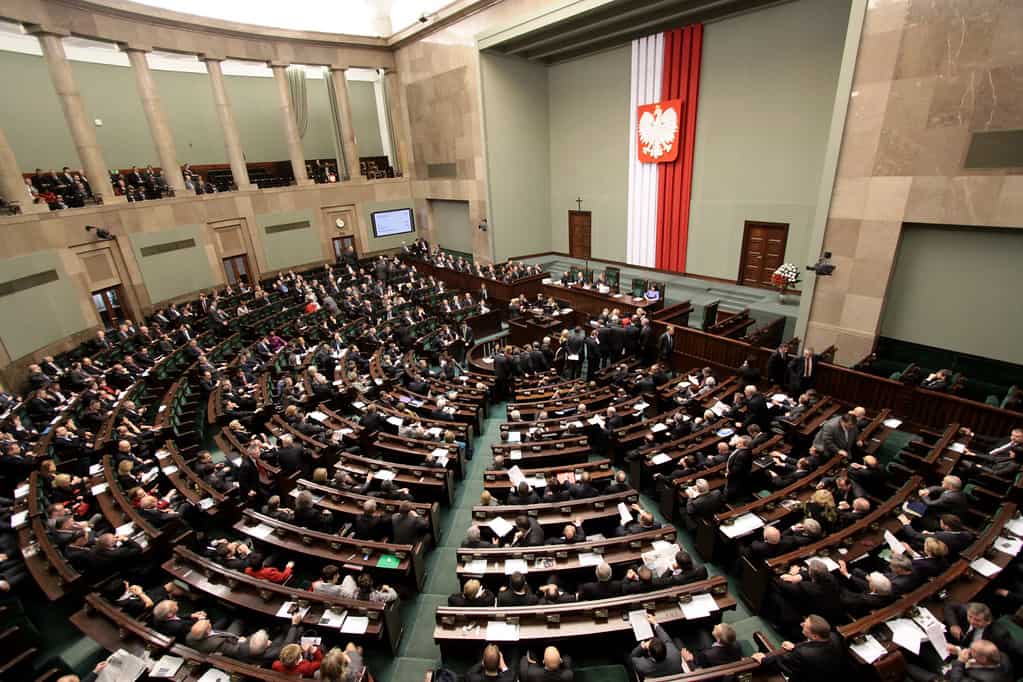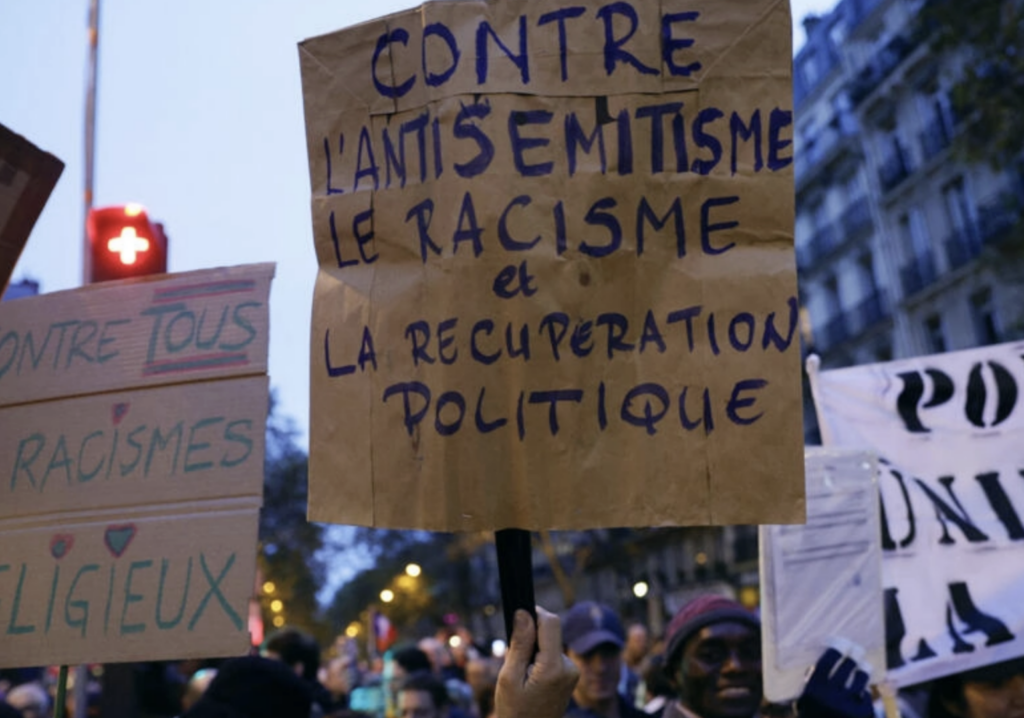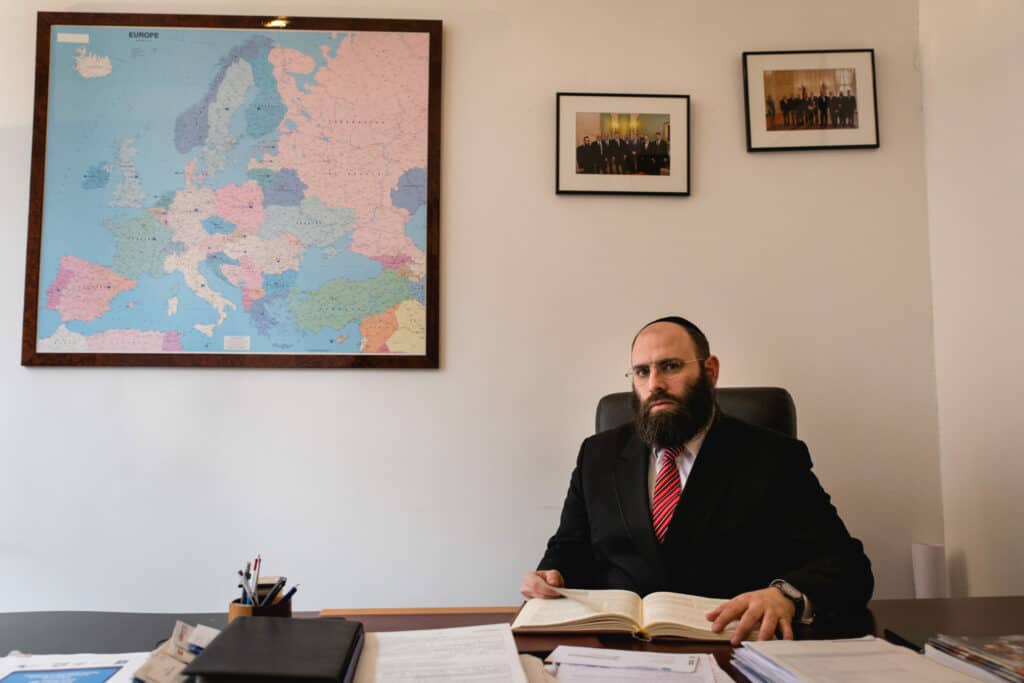Brussels 14 October 2020. After the Polish Senate voted today to postpone the controversial animal rights Bill provisions to ban the export of Kosher meat, European Jewish Association Chairman (EJA) Rabbi Menachem Margolin said he was encouraged by the clear opposition to the Bill but vowed to keep fighting to stop any eventual ban.
The EJA Chief had instigated an open letter signed by dozens of Jewish Leaders and Parliamentarians across Europe and Israel in which signatories voiced their opposition to the provisions on Kosher meat in the Bill and called on the Polish Government to reject them.
In a statement today Rabbi Margolin said,
“The provisions in this Bill relating to Kosher exports have had a very rough ride. It is clear that they enjoy little support from farmers and command little enthusiasm from the Senate itself.
“This is encouraging and we thank all of those Senators who have responded in such a strong way and who have taken what is a principled stand, as well as all the parliamentarians and Jewish leaders from across Europe who made their voices heard.
“But the battle isn’t over. It has merely been postponed. If you kick a can down a road, you will eventually run out of road.
“We will continue to oppose this Bill, today, tomorrow, next week, next month and for the next years. Just as we have from generation after generation whenever our way of life, our very faith is called into question. In the weeks and months ahead we will redouble our efforts to ensure that 2025 becomes permanent instead, starting with the Polish Sejm where this Bill next appears for a vote.”
In closing Rabbi Margolin said,
“The European Jewish Association will never falter in its determination to stand up for Jewish life, tradition, values and practice wherever and whenever they are under threat in Europe”














